Zero-Downtime Migrations from Oracle to a Cloud-Native PostgreSQL
Today, we are proud to announce that Blitzz and
…
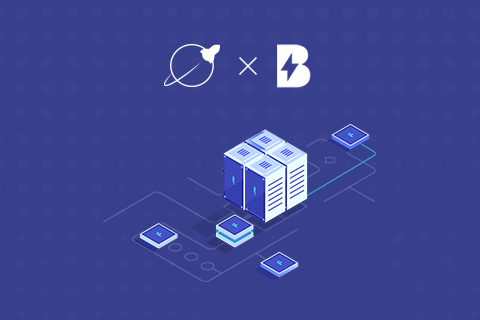
Today, we are proud to announce that Blitzz and
…
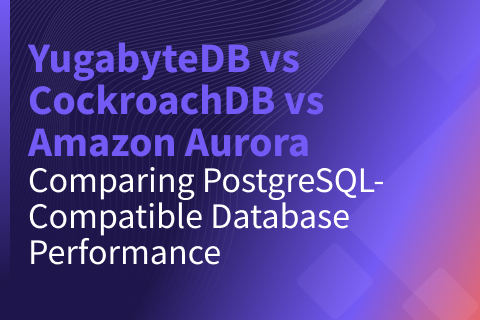
One of the flagship features of the Yugabyte distributed SQL database is the PostgreSQL-compatible YSQL API. Let’s take a look at the performance and scalability of YSQL and compare it to two other PostgreSQL-compatible databases—Amazon Aurora PostgreSQL and CockroachDB.

We are excited to congratulate the Rook community on the release on 1.1! We are also pleased to announce that the Rook operator for YugabyteDB is now available from rook.io and also on Github. This release extends the Rook storage operator as a custom resource, as well as provides an additional way to easily create, natively view and manage YugabyteDB within a Kubernetes cluster. In this blog we’ll summarize how to get started with the operator.
…

YugabyteDB and Kubernetes have very complementary design principles because they both rely on an extensible and flexible API layer, as well as a scale-out architecture for performance and availability. In this blog post we’ll look at best practices and recommendations when choosing Kubernetes as the cluster foundation for a distributed SQL system. This will begin with a review of relevant architectural decisions of the YugabyteDB. Then we’ll walk you through how to handle the provisioning,
…
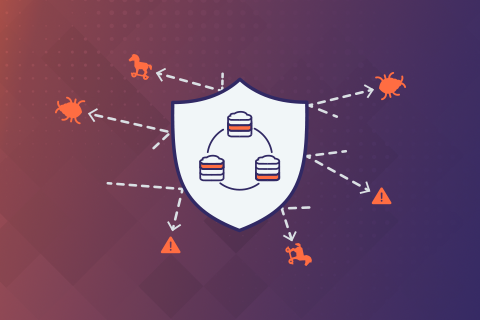
YugabyteDB v1.3.1.2’s SQL API successfully passed Jepsen testing, led by Kyle Kingsbury, except for transactional DDL support—a feature we’ll soon add. YSQL will be production-ready in the upcoming YugabyteDB v2.0 release.
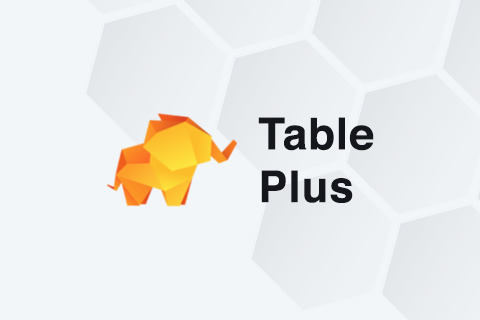
If you’re a database developer, you already understand the importance of a tool to manage your databases. Whether it is for creating schemas, ad-hoc querying, backups, or diving deeper to troubleshoot a database issue, a database tool can make your life much easier and increase your productivity. In a previous posts we covered how to get started with DBeaver, PGAdmin, and SQL Workbench/J. in this post we’ll show you how to get up and running with YugabyteDB and TablePlus.
…

I recently joined Yugabyte as a Developer Advocate focused on Kubernetes. I will focus on the usability and extensibility of YugabyteDB as a data platform within the Kubernetes and public cloud ecosystem. However, in broader terms, I will be able to leverage YugabyteDB as a cloud-native database that can easily deployed in multi-cloud environments. There are a few things I am looking forward to in my new role:
When I was graduating from college with a degree in Software Engineering,
…

Note: This post contains interactive animations that explain how some of these complex algorithms work. Please view this post in a suitable media (at least 1000px by 600px screen resolution) for best results.
In this blog post, we are going to dive deep into the read performance of Raft – why read performance can take a hit and how it can be improved using leader leases. Additionally, we will also look at how to make the correctness guarantees around leader leases stronger.
…
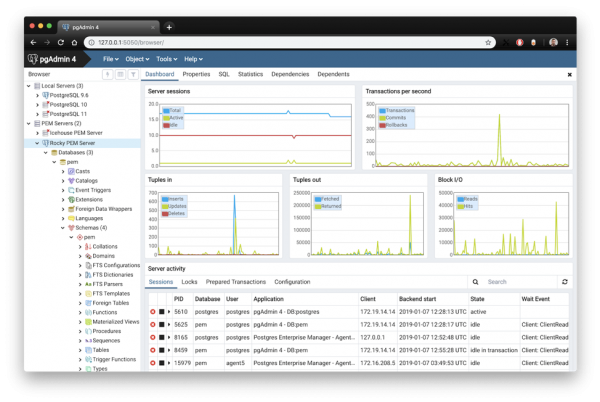
If you’re a database developer, you already understand the importance of a tool to manage your databases. Whether it is for creating schemas, ad-hoc querying, backups, or diving deeper to troubleshoot a database issue, a database tool can make your life much easier and increase your productivity. In a previous post we covered how to get started with DBeaver, and in this post we’ll show you how to get up and running with YugabyteDB and PGAdmin.
…
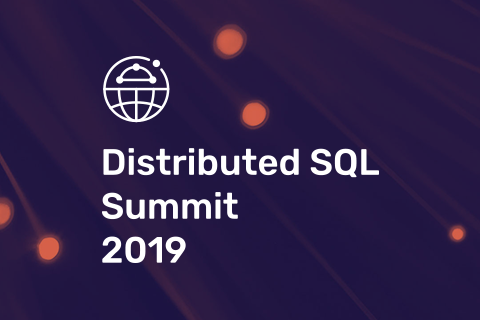
YugaByte is excited to announce that speaker schedule for this year’s Distributed SQL Summit is live!
Distributed SQL Summit is a full day of talks from experts on what it takes to build, deploy and scale distributed SQL databases in the cloud and on Kubernetes.
Presented in partnership with PostgresConf, the inaugural Distributed SQL Summit is taking place on September 20, 2019 in San Jose,
…